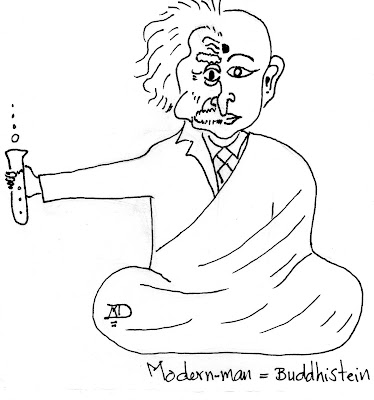There is a Farsi saying, "The one bitten by snake fears black and white rope". I saw a demo of this saying at the local store. I was in the store to buy some essentials and there was news on TV about the shootings on pro-Morsi protesters. The Algerian guy was nodding his heads and keep saying, "This is exactly what happened in Algeria. May Allah save Egypt". Despite being in the favor of separation of religion and state, I share his fears. Violence may begin on a small level and on a single issue, but it soon grows to bring in unexpected issues and draw in more players and in no tome can go out of everybody's control. This is what happening in Syria. It is no more a revolt for democracy but wars inside wars. The dynamics of population is not as easy as zealous rebel youths think or some planners out there think. The population is a crowd of diverse interest groups that are so connected to each other, that if one group is imbalanced, it is going to imbalance all other groups. I really like the example of solving malaria problem in Borneo by WHO (Word Health Organization),
In the early 1950s, the Dayak people of Borneo suffered from malaria. The World Health Organization (WHO) had a solution: it sprayed large amounts of DDT to kill the mosquitoes that carried the malaria. DDT killed mosquitoes and malaria declined, but roaches, which have a high DDT tolerance, survived. Gecko lizards feed on roaches and started sickening from DDT that they were getting from eating roaches. The sickened geckos were easy to catch by village cats and the cats started dying by getting DDT from sickened geckos. By decline of cats, the rats started moving from forest into the villages. To solve the problem of plague-bearing rats, the Borneo authorities parachuted in fresh cats, which having driven off the rats. The cats the started catching back geckos. The decline in number of geckos resulted in enormous increase in number of caterpillars which geckos had kept in control by feeding on them. Now, the village roofs started to collapse by these caterpillars.
People were hoping that Arab Spring will solve the problem of tyranny in Middle East but like DDT solution for malaria, it is creating new problems. I can just hope that Egyptian people will not take the road Syrians or Algerians had taken.


































